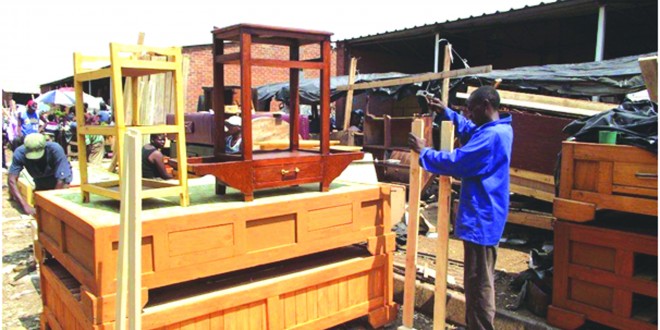I have always decried the lack of a credit bureau in Zimbabwe that offers more services than the basic listing of financial delinquents in Zimbabwe. This would be a system that goes beyond what Financial Clearing Bureau, TransUnion or Expert Decision System are offering.
Financial services provider, software developer and Risk professional, Alan Goodrich seems to have gone that extra mile with G – Analytix, (Goodrich Analytix Ltd). Some of you may know Alan Goodrich from Hurudza Agrilife, FCB (Managing Director) and the Small to Medium Enterprises Association
The RBZ Governor, Dr. Mangudya, recently announced that the central bank would launch a National Credit Bureau by June of this year, but it looks like the team there may have its hands full buying back Zimbabwean dollars and demonetising our local currency. This has left tasks like this new credit bureau to private players.
G-Analytix provides a credit rating platform that captures data from different sectors of the economy to the Government and other clients. This same data is being used to provide intelligence to support the government’s Zim Asset program. The company is targeting over 5 million unique entries made up of
- 3 million individuals,
- 2 million individual business owners,
- 140 thousand SMEs that already have some form of financial services history,
- 5 million entities operating in the agricultural value chain, including small-scale farmers, Agro-dealers, traders, off-takers,
- 200 thousand entities operating in the mining value chain, including; small-scale miners, millers, elution plants etc,
- 250 thousand SMEs that are currently outside the formal financial services system
- And 5 million Youths (some falling within the above segments)
This is pretty ambitious but on the right course. The most advanced of the databases so far offers a web portal through which financial institutions can login and search names of aspiring loan applicants.
The information is voluntarily supplied by participants and members and only goes as far as one’s historical defaults. While the submission of names of defaulters is free, for a reference search, one usually has to pay. If a defaulter has settled their debt, they need to visit the bureau and pay a sum to clear their names.
Why is this important for Zimbabwe?
The absence of a collaborative repository for credit information has seen the banks posting a whopping $700 million in non-performing loans mainly from individuals who has acquired multiple borrowings from institutions and are now failing to service those loans.
Without a common reference, one can borrow from the banks, continue to open a clothing account in retail clothing, default in medical bills, enter into a property lease freely. A credit rating system, if implemented correctly goes a long way in providing a risk abreast reference point across the economy restricting serial borrowing and over exposure.
One use case that quickly came to my mind was the CABS Youth loans that were rushed for by individuals who failed to repay. This system will record these delinquents and flag them across mining, real estate, banking and so forth. Who knows, it just might help aspiring tech startup entrepreneurs in securing loans, just as long as their credit score checks out.

3 comments
This is definitely a promising development in terms of further stabalising our domestic credit market and reinforcing borrower discipline. However on your last point about how this may help aspiring tech start up entrepreneurs I fear the flip side of the argument where start up entrepreneurs without a financial history will then be locked out of credit markets because there is no way ‘reference’ to give them a credit score.
This was something my lecture in the UK went through when he applied for his first loan from his bank AFTER he started working. And if happened in the UK how much worse could it be for our people here who have/are slowly being pushed more and more into the informal sectors. or the next generation which is more likely than not to grow up in the informal sector.
I remain an optimist though
How can I get to know my personal credit rating
Please let me know my credit rating.